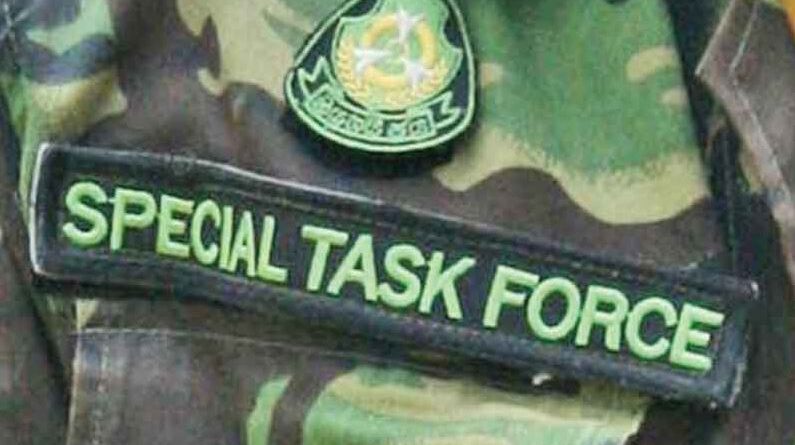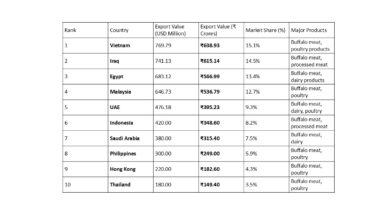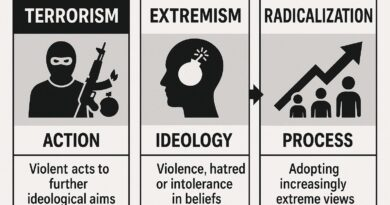Special Task Force (STF)
Context:
The J&K government has constituted a Special Task Force (STF) for identifying and scrutinizing the government employees who are involved in any cases related to posing threat to the security or anti-national activities.
- STF will scrutinise cases of employees suspected of activities requiring action under Article 311(2)(C) of the Constitution.
Key Highlights:
- The J&K administration has set up a special task force (STF) to identify and scrutinize cases of employees suspected of being involved in activities prejudicial to the security of the state, so that their services can be terminated after the scrutiny.
- The five-member STF, headed by additional director general of police (CID) RR Swain, is tasked with scrutinizing cases of employees suspected of activities requiring action under proviso (C) of Article 311(2) of the Constitution.
- Under proviso (c), where the state is satisfied that the retention of a person in public service is prejudicial to the security of the state, his/her services can be terminated without recourse to the normal procedure prescribed in Article 311(2).
Article 311 (2) (c)
- Where the President is satisfied that the retention of a person in public service is prejudicial to the security of the State, his services can be terminated without recourse to the normal procedure prescribed in Article 311 (2).
- The satisfaction referred to in the proviso is the subjective satisfaction of the President about the expediency of not giving an opportunity to the employee concerned in the interest of the security of the State.
- This clause does not require that reasons for the satisfaction should be recorded in writing. That indicates that the power given to the President is unfettered and cannot be made a justifiable issue, as that would amount to substituting the satisfaction of the court in place of the satisfaction of the President.
Is suspension or compulsory retirement a form of punishment?
- The Supreme court in case of Bansh singh Vs State of Punjab clearly held that suspension from service is neither dismissal nor removal nor reduction in rank, therefore, if a Government servant is suspended he cannot claim the constitutional guarantee of Article 311.
- In Shyam Lal Vs State of U.P Supreme Court held that compulsory retirement differ from dismissal and removal as it involves no penal consequences and also a government servant who is compulsory retired does not loose any part of benefit earned during the service so it doesn’t attract the provisions of Article 311.
Safeguards to civil servants:
Article 311(1) : It says that a civil servant cannot be dismissed or removed by any authority subordinate to the authority by which he was appointed.
Article 311(2): It says that a civil servant cannot be removed or dismissed or reduced in rank unless he has been given a reasonable opportunity to show cause against action proposed to be taken against him.
Source: Times of India
Discover more from Simplified UPSC
Subscribe to get the latest posts sent to your email.



